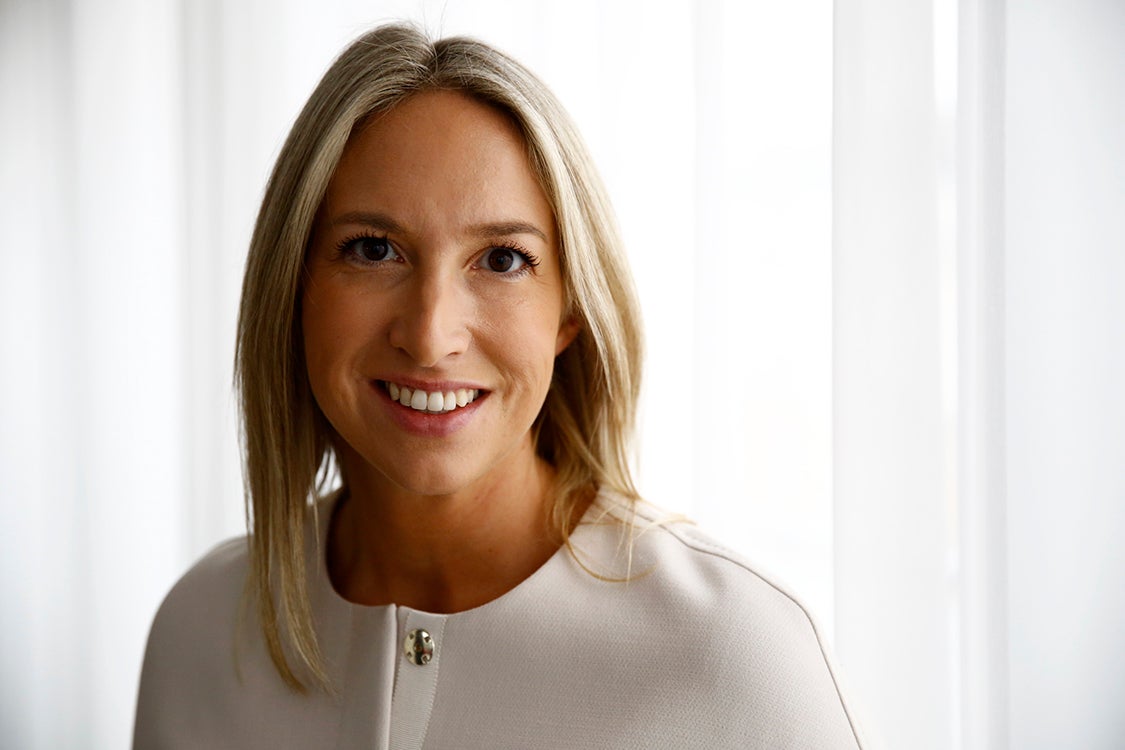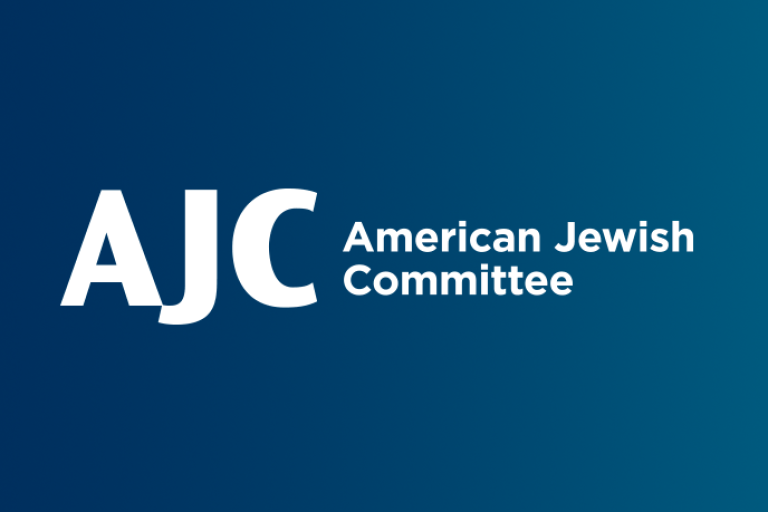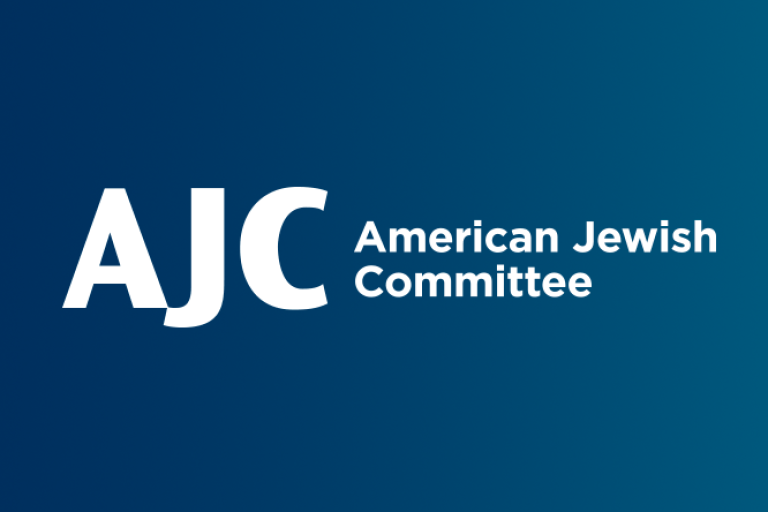September 21, 2018 — Warsaw, Poland
This piece originally appeared in Gazeta Wyborcza.
Two days ago, during a service on the most solemn Jewish holiday Yom Kippur, someone threw a stone through the window of the synagogue in Gdańsk. According to those who were there, it was only by chance that none of the women and children standing by the window participating in the service were injured.
This is one of the most serious physical attacks on the Jewish community since Poland threw off communism in 1989, and it recalls—for those familiar with the history of modern Poland—the aggressive antisemitism of the 1930s. For members of today’s Jewish community, which is experiencing a post-Holocaust revival in Poland, this was a traumatic event.
Lest I be accused of alarmism by making so much out of a stone hurled through a synagogue window, permit me to place this outrage in the broader context of other developments in recent months.
An anonymous antisemitic letter was slipped under the door of the Holocaust Research Center. When law enforcement was notified, the prosecutor refused to initiate an investigation. Michał Szpądrowski, earlier removed from the campaign staff of Patryk Jaki, a candidate for mayor of Warsaw because he spoke of "welcoming Jews with a Kalashnikov," placed number one on the list of City Council candidates in one of the districts of Warsaw. There have been numerous cases of antisemitic content presented on public television. ONR, a fascist, far-right organization, has become an accepted presence in public space, schools, and churches. An unprecedented amount of antisemitic content appeared on the Internet during the controversy over the amendment to the Act on the Institute of National Remembrance, leading all the major Polish Jewish organizations to sign a letter in March urging the Polish government to take concrete measures to combat antisemitism, since Jews in the country do not feel safe.
All of these examples occurred in the last few months, and in every case there was little or no response from the authorities.
When one hears it said that Poland is the safest place for Jews in Europe, a famous bon mot comes to mind: if it is all so good, why is it so bad?
To be sure, antisemitism is not a purely Polish problem, and indeed, the Jewish community there may feel safer than in many Western European countries. However, we must remember that in Poland the Jewish community is very small, counted in several thousand (some estimates refer to a maximum of 30,000 people with Jewish descent), and cannot be compared to the half-million large Jewish community in France.
Furthermore, Poland has been exceptionally and tragically marked by the crimes of fascism and the Holocaust, and so should have a particular understanding of what terrible consequences hate may generate.
We cannot be satisfied with the fact that the situation may be worse elsewhere if that means continuing to ignore the alarming phenomena in our own backyard.
A shining example of how one can and should react was given by the Mayor of Gdańsk, Paweł Adamowicz. This past June, during a conference organized by the American Jewish Committee and the city of Warsaw, President Adamowicz, along with the mayors of Warsaw, Poznań, and Białystok, signed a declaration of "zero tolerance for prejudices, xenophobia and antisemitism." The day after the attack on the synagogue, Mayor Adamowicz, together with representatives of the Jewish community, the Catholic Church, the Evangelical Church, and others, took part in a ceremony of symbolic reparation of the damage caused during Yom Kippur, expressing solidarity with the Jewish community and rejection of hatred and antisemitism.
The attack on the Jewish community in Gdańsk shows that words have consequences. If left without a strong reaction, hate speech turns into deeds. We can only hope that the stone thrown into the synagogue in Gdańsk will serve as an alarm signal and prompt authorities at all levels to take decisive action. Until the problem is acknowledged to exist, it is difficult to imagine it being solved.
Agnieszka Markiewicz is the Rubin and Frances Partel Director of the Shapiro Silverberg AJC Central Europe Office.



